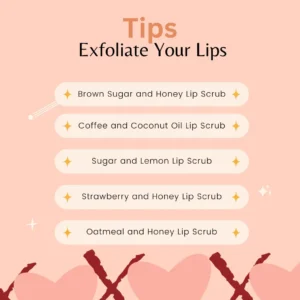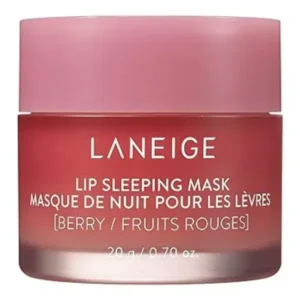Natural Remedies vs. Medical Treatments: What Works Best for Acne?
Acne is a common skin condition that affects millions of people worldwide, including many in the United States.
When it comes to treating acne, there are numerous options available, ranging from natural remedies to medical treatments.
Understanding the pros and cons of each approach can help you make an informed decision about what might work best for your skin.

Natural Remedies for Acne
Natural remedies for acne often appeal to individuals seeking gentler, more holistic approaches to skincare. Here are some commonly recommended natural treatments:
Tea Tree Oil:
Known for its antibacterial properties, tea tree oil can help reduce acne-causing bacteria on the skin.
Honey and Cinnamon Masks:
A combination of honey and cinnamon can have antibacterial and anti-inflammatory effects, potentially reducing acne symptoms.
Aloe Vera:
Aloe vera has soothing and healing properties, making it beneficial for calming inflamed skin and promoting healing.
Apple Cider Vinegar:
Used as a toner or spot treatment, apple cider vinegar can help balance skin pH and reduce acne-causing bacteria.
Zinc Supplements:
Zinc is believed to have anti-inflammatory properties that can help reduce acne when taken orally.
While these natural remedies can be effective for some individuals, their efficacy can vary widely.
They may take longer to show results compared to medical treatments and may not be suitable for severe acne cases.
Medical Treatments for Acne
Medical treatments for acne often involve products that are clinically tested and prescribed by dermatologists. Here are some common medical treatments:
Topical Retinoids:
These vitamin A derivatives are effective in preventing hair follicles from becoming plugged, promoting cell turnover, and reducing inflammation.
Topical and Oral Antibiotics:
Antibiotics can reduce acne-causing bacteria and inflammation when applied topically or taken orally.
Salicylic Acid and Benzoyl Peroxide:
These are commonly found in over-the-counter treatments and work by unclogging pores and reducing bacteria.
Isotretinoin (Accutane):
Reserved for severe acne cases, isotretinoin is a powerful oral medication that reduces oil production and prevents acne formation.
Light Therapy:
Various light-based therapies, such as blue and red light treatments, can help reduce acne inflammation and bacteria.
Medical treatments are often more potent and can deliver faster results, especially for moderate to severe acne.
They are typically recommended for individuals who have not responded well to natural remedies or over-the-counter products.
Conclusion
Choosing between natural remedies and medical treatments for acne depends largely on the severity of your acne, skin type, and personal preferences.
While natural remedies offer gentler options with fewer side effects, medical treatments are often more effective for persistent or severe acne cases.
Consulting with a dermatologist can help you determine the best approach for your skin’s needs.
For those looking to explore effective acne-fighting products, consider checking out our curated list of Acne-Fighting Products that are highly rated and available online.
By understanding the benefits and limitations of each treatment option, you can make informed decisions to achieve clearer, healthier skin.
FAQs
What are the benefits of natural remedies for acne?
Natural remedies often have fewer side effects and use ingredients that are gentle on the skin.
Are natural remedies effective for severe acne?
They may help with mild to moderate acne, but severe cases often require medical treatments.
What are some common natural remedies for acne?
Tea tree oil, aloe vera, honey, and green tea are popular natural remedies.
Do medical treatments for acne have side effects?
Yes, some medical treatments can cause dryness, irritation, or other side effects.
Can I use natural remedies and medical treatments together?
It’s best to consult a dermatologist before combining treatments to avoid adverse reactions.
How long does it take for natural remedies to show results?
It can take several weeks to see improvements with natural remedies.
Are over-the-counter acne treatments effective?
Many over-the-counter treatments can be effective for mild to moderate acne.
What are some common ingredients in medical acne treatments?
Benzoyl peroxide, salicylic acid, and retinoids are commonly used in medical treatments.
Do diet and lifestyle affect acne?
Yes, a healthy diet and lifestyle can help improve skin health and reduce acne.
When should I see a dermatologist for acne?
If over-the-counter treatments and natural remedies aren’t effective, or if you have severe acne, it’s time to see a dermatologist.





